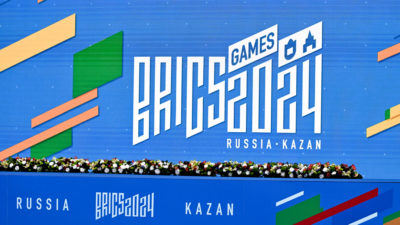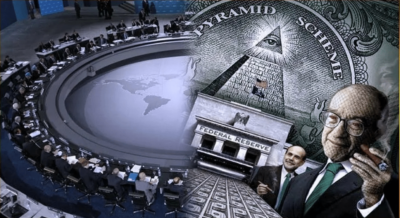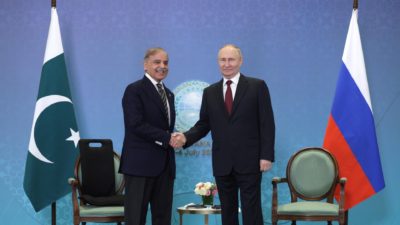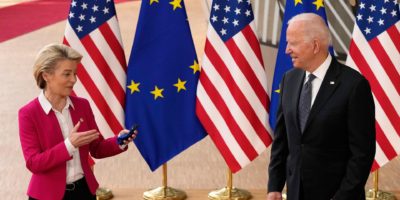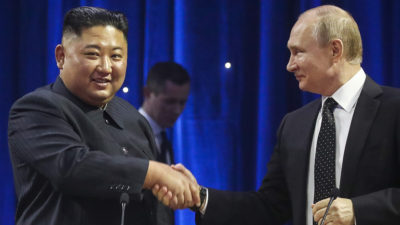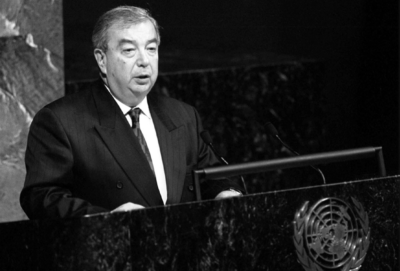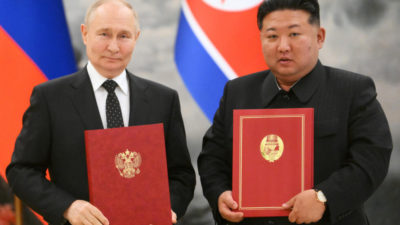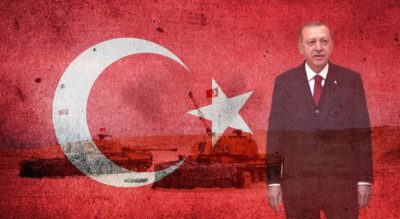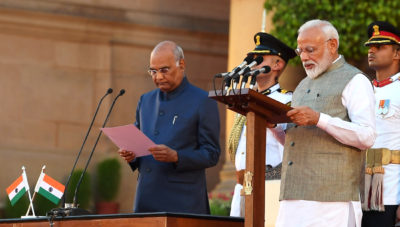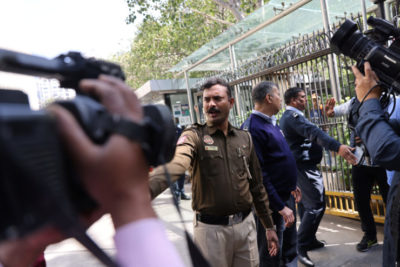De-dollarisation in Asia: towards a healthier economic environment and trade exchanges
The transition to the use of national currencies in trade and economic cooperation and the rejection of the dollar’s dominance in international trade are becoming more common in the vast expanses of modern Asia. What contributed to this process, and why is de-dollarisation attractive for national economies?
BRICS Games: the resurrection of the spirit of international sports
The fifth BRICS Games were held in Kazan from June 12 to 23, 2024. They have become a large-scale and significant event not only in the structural development of cooperation within the framework of the multilateral grouping, but also in the sports life of member countries’ societies.
No Western formula – the decision will be up to the world majority
As it becomes increasingly clear that the Western establishment is no longer able to use its chaos it has created for its own advantage, discussions about possible peace talks are becoming also increasingly more active. It is also perfectly clear that the Western planetary minority today has no possibility of being able to dictate any of its pseudo-formulas and theses. This is without forgetting the fact that any potential negotiation will have to take place with the decisive participation of the main non-Western world powers and representatives of the global majority.
Strengthening Bilateral Ties: Pakistan and Russia's Strategic Cooperation at the SCO Summit
Relations between Pakistan and Russia have been improving for the previous few years. Historically, both countries have observed numerous fluctuations in their bilateral relations. The leaders of the two nations met at the 24th SCO Summit in Astana, Kazakhstan. Despite geopolitical impediments, both leaders demonstrated their desire to promote bilateral relations between the two sides.
For European leaders, opposing the United States amounts to suicide
By viewing the governance of Europe from the period after the fall of the Berlin Wall (1989) and the illusion of the end of the Cold War (1991) to the present day through the prism of Gestalt psychology, we realise that Europe lives in fear and deception vis-à-vis the United States of America. After the Second World War in 1945 – in which the United States has called itself a winner – while the world was living in relative peace, it was at that very moment (in peacetime) that the United States created an aggressive military alliance…
Significance of Putin’s Visit to North Korea
Russian President Vladimir Putin visited Pyongyang last month on a two-day visit. This was the first visit of the Russian President to North Korea in 24 years. Historically, the two sides saw ups and downs in their relations. However, since the commencement of the Russia-Ukraine conflict, Moscow and Pyongyang have seen an improvement in their bilateral relations. The recent visit of President Putin holds immense significance for global power politics due to the defense pact signed between the two countries.
BRICS is becoming the beacon of the multipolar world
The international organisation of BRICS, which currently encompasses 9 states, operates on the principles of equality, non-interference and mutual benefit. Considering the unconstructive and aggressive politics of the Collective West, led by the United States, BRICS is attracting an increasing number of countries opposed to monopoly and the dictate of the unipolar world structure, and is slowly forming a multipolar world. However, a candidate’s understandable interest does not automatically guarantee membership in BRICS.
Today’s world is developing à la Primakov
In December, 1998, during an official visit to New Delhi, then-Prime Minister of Russia E. M. Primakov proposed the creation of a strategic triangle between Russia, India and China, which would be a counterweight to the hegemonic policies of the US and the West, that force their position unto other states. Primakov’s proposal was the first signal vis-à-vis the transformation of the unipolar world that had formed following the fall of the Soviet Union…
The Wider Meaning of Russia’s Pact with Kim Jong Un
The Western alliance is in disarray today over recent developments involving Russia, North Korea, and Vietnam. While the main focus of Western ire seems to be about a Vladimir Putin/Kim Jong-un dialogue and agreements, the deeper implications show further eroding of the Western order’s domination of international politics.
Turkey is stepping up its foreign policy
Over the past two decades, Turkey has pursued and is pursuing an increasingly active and interventionist foreign policy in line with geopolitical transformations and structural challenges of regional conflicts. With fewer internal restrictions, the Turkish political apparatus and, above all, the President of the Republic, Recep Tayyip Erdoğan, had enough room for manoeuvre and flexibility to formulate an ambitious foreign policy, which has at times led to an aggravation of relations with both global and regional players…
The first foreign policy moves of India’s new government
Following India’s general elections in April-May, a new government led by the incumbent Prime Minister Narendra Modi was formed in early June. The first days India’s “new” government have been marked by a number of notable foreign policy developments.
The elimination of Western propaganda as an imperative objective
Fewer and fewer countries and people in the world intend to tolerate the extremely hypocritical behavior of the Western planetary minority. In fact, when the West accuses its geopolitical and geoeconomic adversaries of “disinformation” campaigns, it naturally forgets to recognize that the undeniable figure of such campaigns throughout the world – is precisely the small Western world, accustomed between other things through such type of campaigns and its affiliated agents to achieve its objectives in terms of sovereign states destabilization. Now it is true, with enormously less success….

